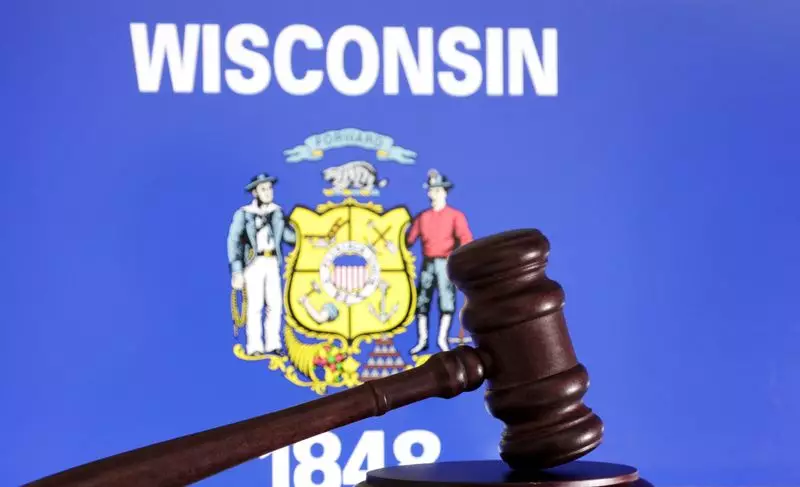Recent legal discussions in the United States highlight an intriguing intersection of civil rights, religious freedoms, and state regulations. In a pivotal case that has drawn the attention of legal scholars and advocates alike, the U.S. Supreme Court has agreed to hear an appeal from the Catholic Charities Bureau of the Diocese of Superior, Wisconsin. The core issue centers around the bureau’s pursuit of a religious exemption from the state’s unemployment insurance tax. This case represents not only the interests of a single organization but also broader implications for the interpretation of the First Amendment in the context of governmental regulation of religious entities.
The Context of Unemployment Insurance in Wisconsin
Wisconsin’s historical role in unemployment compensation law dates back to the Great Depression, with the state enacting the first unemployment law in 1932. This early initiative established a framework for providing temporary financial assistance to the unemployed through a system funded by employer taxes. Following this, a cooperative federal-state unemployment insurance program was adopted across the nation. Within this framework, Wisconsin allows specific religious entities to apply for exemptions—an aspect that is now at the heart of the Supreme Court case.
The justification behind these exemptions rests on the premise that organizations primarily operated for religious purposes should not be subjected to the same tax obligations as secular entities. However, defining what constitutes “operated primarily for religious purposes” is fraught with complexity, leading to the controversies we see today.
The Catholic Charities Bureau’s Position
The Catholic Charities Bureau has long positioned itself as a social ministry, dedicated to serving the disadvantaged, disabled, and those in need of support. The organization has a rich history, claiming to have been involved in charitable activities since 1917. This context forms the backdrop for its recent legal challenge, where it sought exemptions for itself and several of its subsidiaries from the unemployment insurance tax.
In a previous case, one of the bureau’s subsidiaries secured a favorable judgment, emboldening its decision to pursue broader exemption claims. However, the Wisconsin Supreme Court ruled against the bureau, articulating that its services, while charitable, were fundamentally secular. This classification was pivotal, as it not only denied the bureau the exemption it sought but also underlined the court’s view that the organization did not overtly promote Catholic doctrine through its programs.
In appealing to the U.S. Supreme Court, the bureau has claimed that Wisconsin’s ruling contravenes First Amendment protections by establishing a hierarchy among religions and impeding church autonomy. It posits that the state court set an unreasonably high threshold for proving religious identity—a demand for proof beyond a reasonable doubt—thus constituting a judicial overreach into religious affairs.
This claim presents a critical debate on the nature of religious freedom in America. The First Amendment serves as a foundation for the rights of individuals and organizations to practice their beliefs freely, but it also necessitates a careful balancing act with government interests. Should the court rule in favor of the Catholic Bureau, it could have a substantial impact not only on Wisconsin’s unemployment laws but also on how states interpret and apply religious exemptions nationwide.
The outcome of this case rests in the hands of the Supreme Court justices, whose decision will reverberate through legal and social landscapes across the country. The dilemma presented by the Catholic Charities Bureau not only raises questions about the definition of religious purpose but also highlights the broader struggle between state oversight and the preservation of religious freedoms. As the Supreme Court prepares to hear the arguments, the implications of this case extend far beyond Wisconsin’s borders, posing challenging questions about the nature of faith, charity, and the intersection of religion with civil rights in contemporary society.

